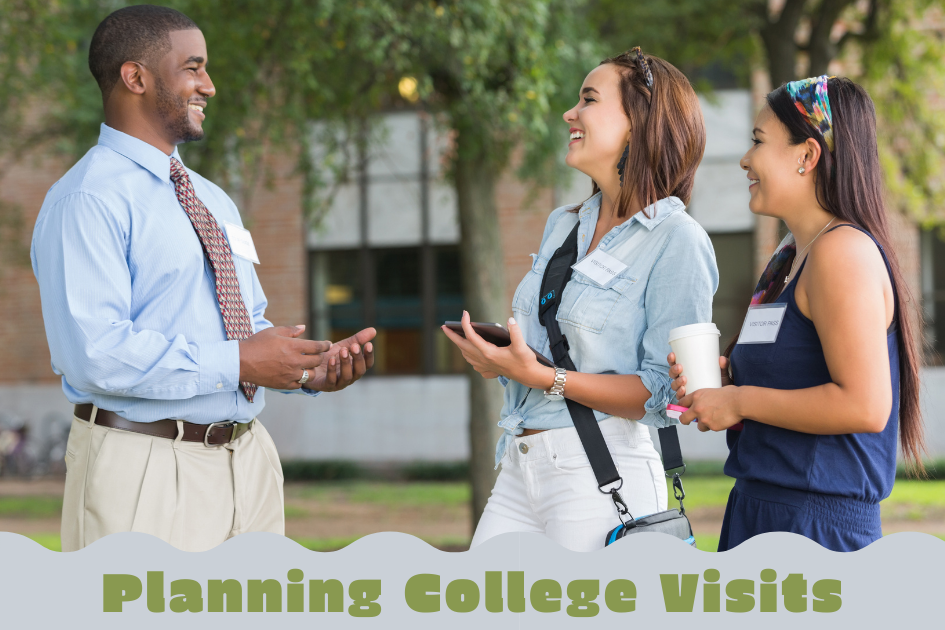Many colleges are welcoming students and families back on campus for in-person visits this summer. But before you go, it’s important to check their website for guidelines and limitations and to plan your visit ahead of time. Colleges generally require advanced registration for events and still have protocols in place to ensure the safety of students, staff and visitors. These vary by school, so be sure to search “campus visits” or “tours” on the college’s website for details, and check back frequently as things may change.
The best way to find out whether a college is a great fit for you will always be to visit in person. But tours today are still a little different than they would be under normal circumstances. Here are some things to be aware of as you make your plans:
Capacity will be limited. Most schools are limiting tour capacity to allow for social distancing and, as a result, slots will fill up quickly. Colleges also are limiting the number of guests per student, and they may require guests to be immediate family members. Be sure to check what limits are in place at the college you’re visiting before arriving on campus.
Pre-registration is required. Pre-registration for campus events is almost always required. Signing up for a tour also provides you with a benefit – the school has a record of your attendance, and that will count towards “demonstrated interest.” But it’s best to hold off making travel plans until you have a confirmed registration because many colleges will not accommodate same-day walk-ins.
Safety protocols will be in place. Colleges may either recommend or require masks even if you are fully vaccinated. They may also limit tours to outdoor spaces, which means you may not be able to tour residence halls or dining centers. If you have an appointment scheduled with a specific school or department, be sure to check its visitor policy as well, which may differ from that of the college.
Self-guided tours are an option. Remember, you also have the option to tour a college on your own using a printed walking guide or a downloaded app. This can give you a completely different perspective than a student-led group tour, and each option has its own benefits. One advantage to a self-guided tour is that you can do it at your own pace and on weekends when official tours aren’t available.
Virtual resources are a great supplement. Colleges responded quickly to develop virtual resources during COVID-19 and, as a result, there are great online opportunities to help you to get to know a campus – or get to know a campus better even if you have already visited. Virtual events include guided tours, information sessions, one-on-one meetings and Q&A panels. You can find which are offered on a college’s “campus visits” or “campus tours” website pages.
If you’re looking for more tips on planning your visit and making the most of your time once you get there, check out our blog “What to Know before You Go.” It was written for spring break college-tour planning, but contains advice applicable to campus visits any time of year.


